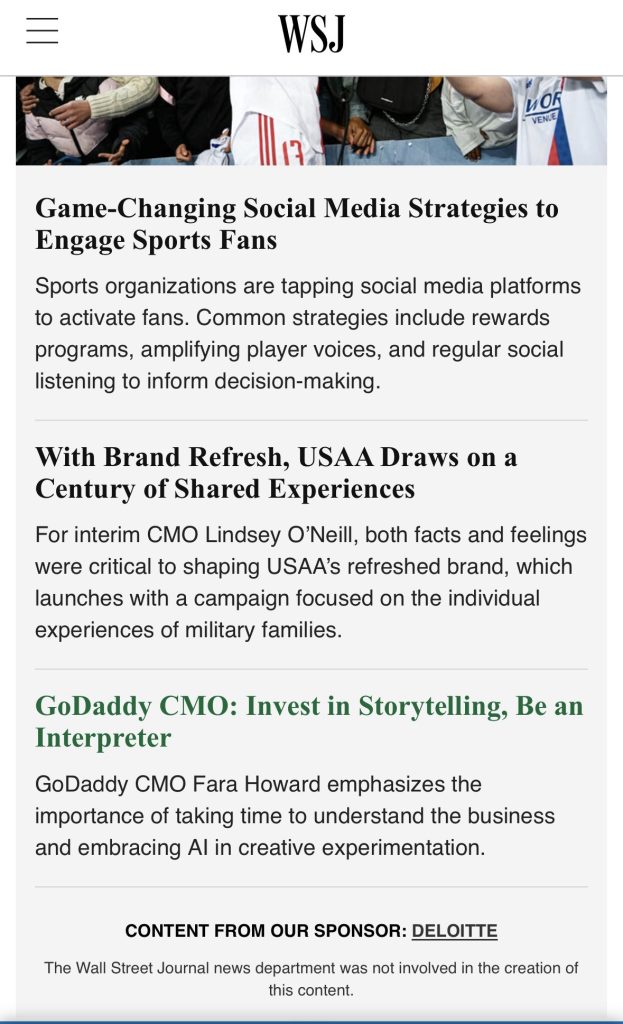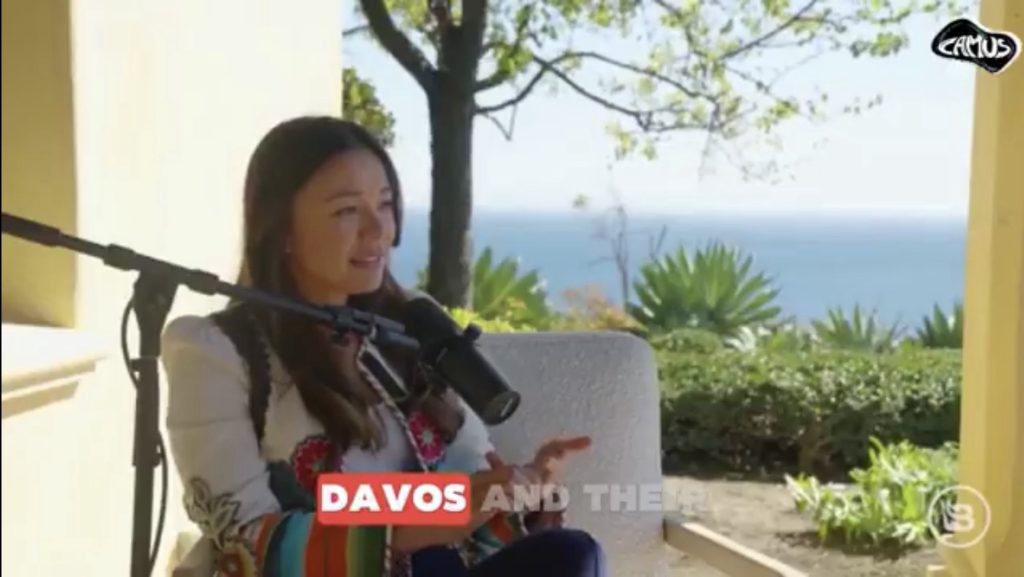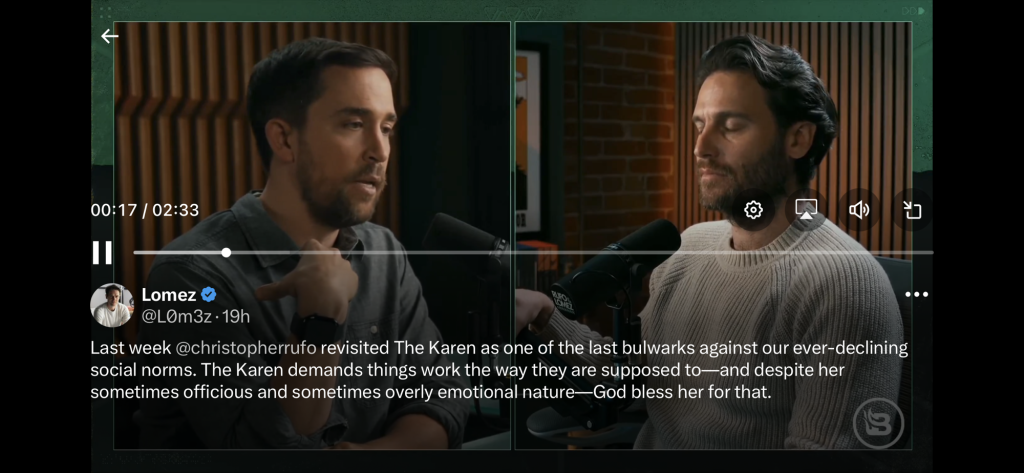People tell stories of where they were or what they were doing when major world events happened. Most of them are silly and personal but necessary to ground the horrors of being connected at scale while still being such small bit players in the scale of things.
On 9/12 I had just left New York City to return home to Colorado to finish out the high school I’d dropped out of the year prior. My grandmother called me at dawn before I’d left for the annual start of school camping trip, distraught that we couldn’t reach cousins and other family who were first responders or worked downtown. Then we couldn’t get through for hours.
When Lady Diana was killed I was up early for a sports competition preparing my gear when the news broke. My mother and I watched in shock at 4 in the morning as we packed bags.
When Michael Jackson died I was in Miami on my first solo vacation between jobs having sublet a condo for two weeks while I sublet my New York apartment. The grocery clerk at Publix ringing me up asked if I had heard. I attempted to explain that I’d seen it on something called Twitter.
When Jeffrey Epstein didn’t kill himself I was in the hospital. I had been entirely off social media but still listened to the five minute radio news update. I don’t know why but I told my doctor that he was dead and her immediate response was to swear. I recall us both being upset as she shook her head saying “now he will never face justice.”
The entire weekend was a deluge of people processing, concocting, and turning over the “flood the zone with shit” dump of files on Epstein. As if the Friday night “take out the trash” media playbook somehow still held sway over a population of networked humans.
Now we are a species who remember every Harry and tragedy both personally in the context of our own small lives and at large as it emerges into a wider understanding shaped by the contours of those who seek to distract or draw attention.
It’s no wonder we spellbound by conspiracies. I lived across from ground zero for years. Tourists grieved and paid homage next to soap box schizophrenia weaving tales. I grew up on forums dissecting every aspect of death and tragedy from princesses to the King of Pop. Why should the coverage of depraved sins be any different?
So I ask myself why should I believe any of it. Who should I give information dumps and theory threads and newspaper headlines any attention at all? I’ll never know if crimes were punished. Justice works slowly and sometimes not at all.











